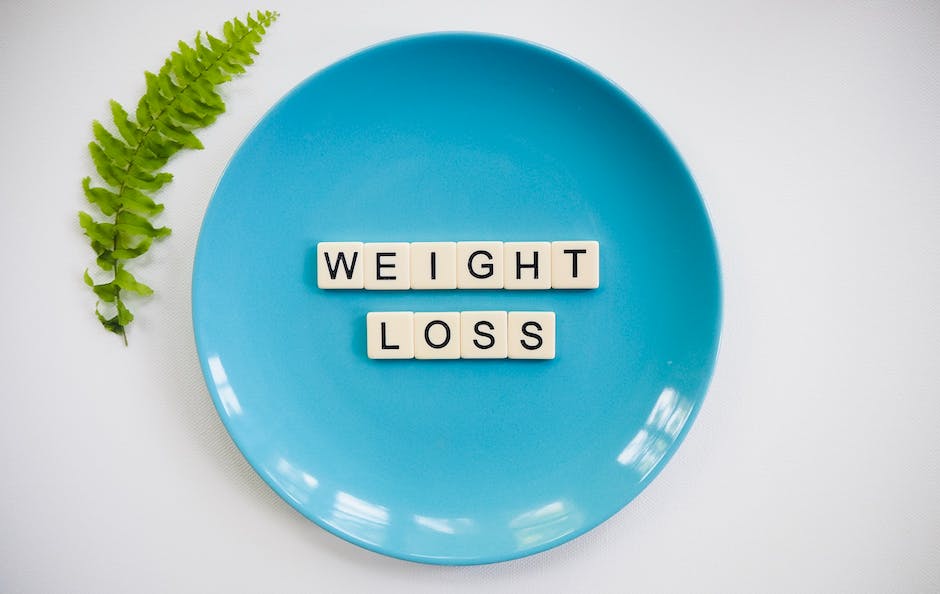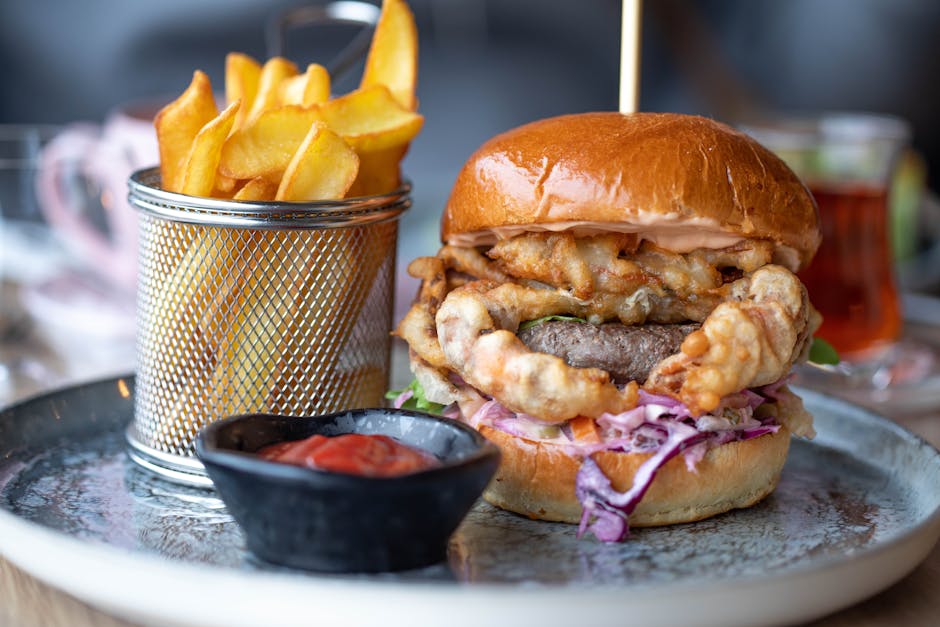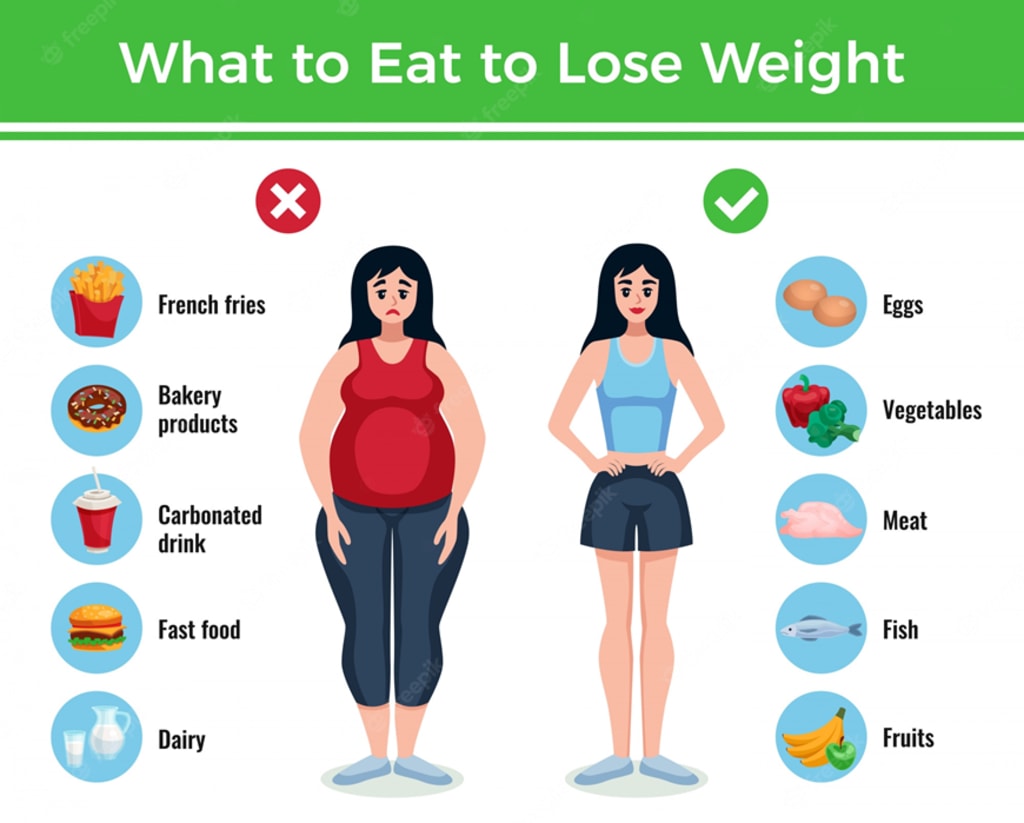Weight Loss

Weight Loss
Effective Strategies for Sustainable Weight Loss
Weight loss is a topic that many people are interested in, and for good reason. Losing weight can have numerous health benefits, from reducing the risk of chronic diseases to improving overall well-being. However, finding effective strategies for sustainable weight loss can be a challenge. With so many fad diets and quick-fix solutions out there, it’s important to focus on long-term, healthy habits that will lead to lasting results.
One of the most important things to remember when it comes to weight loss is that it’s not just about the number on the scale. It’s about creating a healthy lifestyle that you can maintain for the long haul. Crash diets and extreme exercise regimens may lead to quick weight loss, but they are not sustainable in the long run. Instead, focus on making small, gradual changes that you can stick with over time.
One effective strategy for sustainable weight loss is to focus on eating whole, nutrient-dense foods. This means choosing foods that are minimally processed and rich in vitamins, minerals, and fiber. Instead of reaching for a bag of chips or a candy bar, opt for fresh fruits and vegetables, lean proteins, and whole grains. These foods will not only help you feel fuller for longer, but they will also provide your body with the nutrients it needs to function properly.
Another important aspect of sustainable weight loss is portion control. It’s easy to overeat when we’re not paying attention to how much we’re consuming. One way to practice portion control is to use smaller plates and bowls. This can help trick your brain into thinking you’re eating more than you actually are. Additionally, try to eat slowly and savor each bite. This will give your body time to register when it’s full, preventing overeating.
In addition to focusing on what you eat, it’s also important to pay attention to how much you move. Regular physical activity is crucial for weight loss and overall health. Find activities that you enjoy and make them a regular part of your routine. Whether it’s going for a walk, taking a dance class, or playing a sport, find something that gets you moving and stick with it. Aim for at least 150 minutes of moderate-intensity exercise per week, or 75 minutes of vigorous-intensity exercise.
While diet and exercise are key components of sustainable weight loss, it’s also important to address the emotional and psychological aspects of eating. Many people turn to food for comfort or as a way to cope with stress. Finding healthier ways to deal with these emotions can help prevent emotional eating and promote long-term weight loss. Consider seeking support from a therapist or joining a support group to help you navigate these challenges.
In conclusion, sustainable weight loss is about creating healthy habits that you can maintain for the long term. Focus on eating whole, nutrient-dense foods, practicing portion control, and incorporating regular physical activity into your routine. Don’t forget to address the emotional and psychological aspects of eating as well. Remember, it’s not just about the number on the scale, but about creating a healthy lifestyle that will lead to lasting results.
The Role of Nutrition in Weight Loss
Weight loss is a topic that many people are interested in, and for good reason. Shedding those extra pounds can not only improve your physical appearance but also have a positive impact on your overall health. While there are various factors that contribute to weight loss, one of the most crucial ones is nutrition. What you eat plays a significant role in determining whether you will be successful in your weight loss journey or not.
When it comes to weight loss, it’s important to understand that it’s not just about cutting calories. While creating a calorie deficit is essential for losing weight, the quality of the calories you consume is equally important. This is where nutrition comes into play. Eating a balanced diet that is rich in nutrients is key to achieving sustainable weight loss.
One of the first things to consider when it comes to nutrition and weight loss is portion control. It’s easy to overeat, especially when we are surrounded by large portion sizes and tempting foods. By being mindful of your portion sizes, you can ensure that you are not consuming more calories than your body needs. This can be as simple as using smaller plates and bowls or measuring your food portions.
In addition to portion control, the types of foods you eat also matter. A diet that is high in processed foods, refined sugars, and unhealthy fats can hinder your weight loss efforts. On the other hand, a diet that is rich in whole foods such as fruits, vegetables, lean proteins, and whole grains can help you reach your weight loss goals. These foods are not only lower in calories but also provide essential nutrients that support your overall health.
Another important aspect of nutrition in weight loss is macronutrient balance. Macronutrients, which include carbohydrates, proteins, and fats, are the main sources of energy for your body. Finding the right balance of these macronutrients is crucial for weight loss. While there is no one-size-fits-all approach, a general guideline is to consume a moderate amount of carbohydrates, adequate protein, and healthy fats. This balance can help keep you satisfied, prevent cravings, and provide the energy you need for physical activity.
In addition to macronutrients, it’s also important to pay attention to micronutrients. These are the vitamins and minerals that your body needs in small amounts to function properly. When you are on a weight loss journey, it’s easy to focus solely on calories and macronutrients and overlook the importance of micronutrients. However, a deficiency in certain vitamins and minerals can affect your metabolism and overall health. Therefore, it’s important to include a variety of nutrient-dense foods in your diet to ensure that you are getting all the essential micronutrients.
Lastly, hydration is often overlooked but plays a crucial role in weight loss. Drinking an adequate amount of water can help boost your metabolism, curb your appetite, and improve digestion. It’s recommended to drink at least eight glasses of water per day, but individual needs may vary depending on factors such as activity level and climate.
In conclusion, nutrition plays a vital role in weight loss. By focusing on portion control, consuming a balanced diet, and paying attention to macronutrient and micronutrient balance, you can optimize your weight loss journey. Remember to stay hydrated and make sustainable changes to your eating habits for long-term success.
Incorporating Exercise for Successful Weight Loss
Weight loss is a common goal for many people, and there are countless strategies and approaches to achieving it. One important aspect of successful weight loss is incorporating exercise into your routine. Exercise not only helps you burn calories, but it also has numerous other benefits for your overall health and well-being.
When it comes to weight loss, it’s important to remember that diet and exercise go hand in hand. While diet plays a significant role in shedding pounds, exercise is equally important. In fact, research has shown that combining a healthy diet with regular exercise is the most effective way to lose weight and keep it off.
So, how exactly does exercise help with weight loss? Well, for starters, it increases your metabolic rate. When you engage in physical activity, your body burns calories to fuel your muscles. This increased calorie burn continues even after you finish exercising, as your body works to repair and rebuild your muscles. This means that regular exercise can help you burn more calories throughout the day, even when you’re at rest.
Exercise also helps to build lean muscle mass. Muscle is more metabolically active than fat, which means that the more muscle you have, the more calories you burn at rest. By incorporating strength training exercises into your routine, you can increase your muscle mass and boost your metabolism, making it easier to lose weight and maintain a healthy body composition.
In addition to its calorie-burning benefits, exercise also has a positive impact on your mental health. Physical activity releases endorphins, which are natural mood boosters. Regular exercise has been shown to reduce symptoms of depression and anxiety, improve sleep quality, and enhance overall feelings of well-being. When you feel good mentally, you’re more likely to stick to your weight loss goals and make healthier choices.
When it comes to incorporating exercise into your weight loss journey, it’s important to find activities that you enjoy. If you dread going to the gym, try exploring other options like hiking, swimming, or dancing. The key is to find something that you look forward to doing, so that exercise becomes a sustainable and enjoyable part of your routine.
It’s also important to start slowly and gradually increase the intensity and duration of your workouts. If you’re new to exercise or have any underlying health conditions, it’s a good idea to consult with a healthcare professional before starting a new exercise program. They can help you determine the best approach for your individual needs and ensure that you’re exercising safely.
Remember, weight loss is a journey, and it’s important to be patient with yourself. Results may not happen overnight, but by incorporating regular exercise into your routine, you’re taking a positive step towards achieving your goals. So, lace up your sneakers, find an activity you love, and get moving. Your body and mind will thank you for it.







